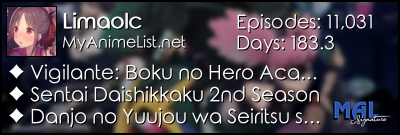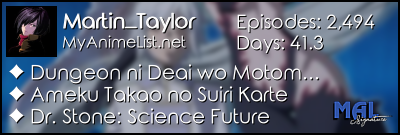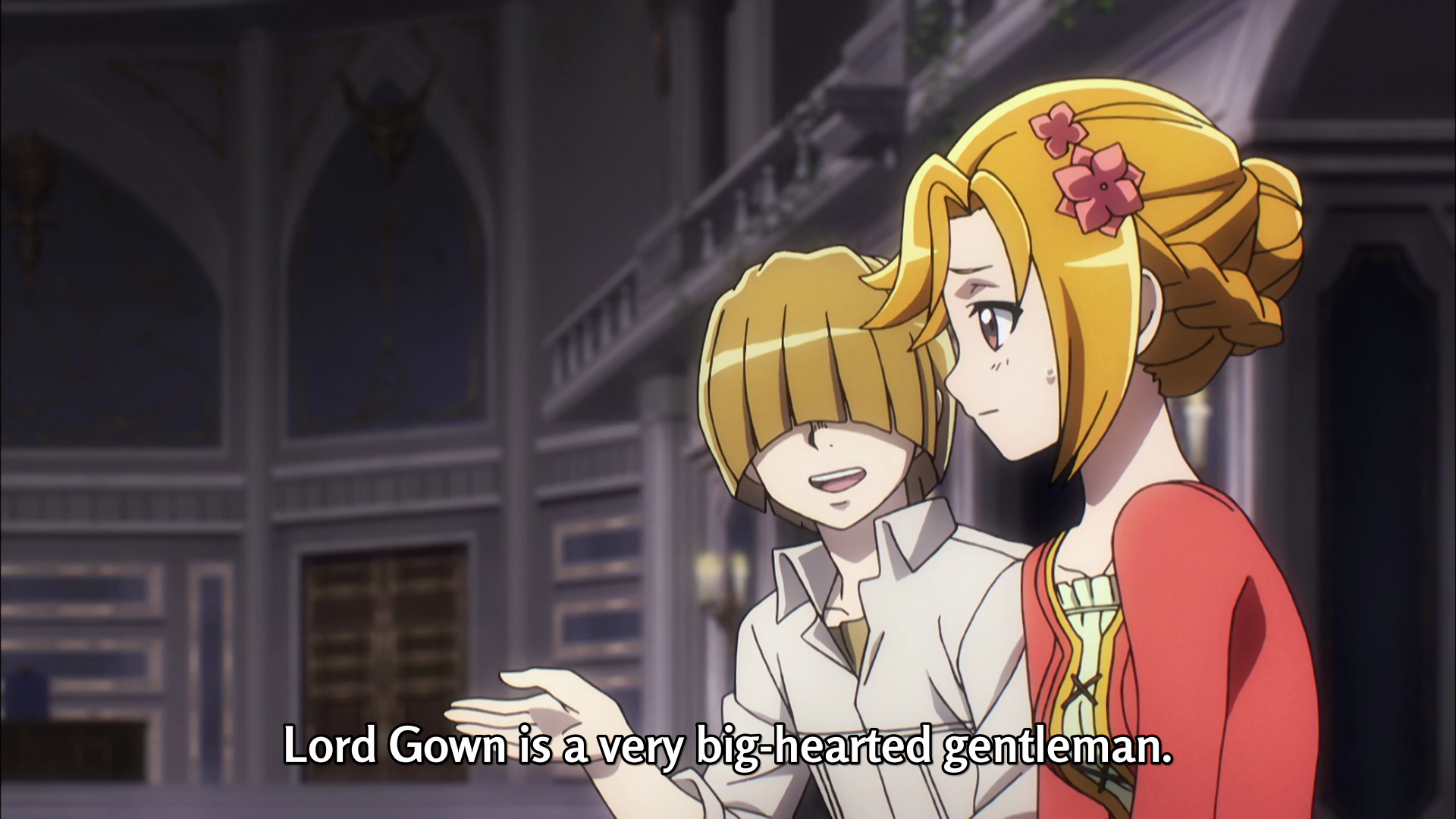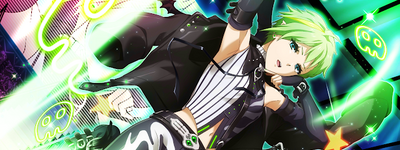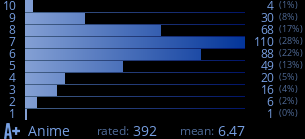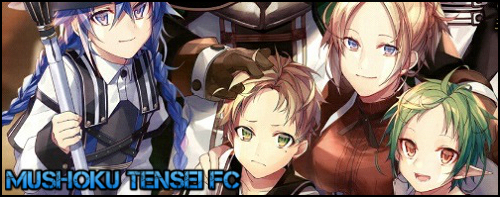Grey-Zone said: I think people are missing the point here. This arc has, as far as I have seen, 2 main points to make:
1. It subtly points out the audience's hypocrisy regarding whether or not someone deserves death (or worse) based on knowledge of their circumstances. People seem to sympathize with Arche here due to her background and consider Nazarick's actions to be evil mostly based on that. I don't think that conclusion would be the same if all invaders had been like the guy with the elf slaves.
But is that really fair? Then what about the various "mob-characters"? People just seem to come to their own conclusions based on what they wish to be true.
For example, what if the Theocracy Knight (disguised as Empire Knight) from S1 EP3 that Ainz killed with Dragon Lightning early on in the show actually had a sob story about his daughter having an illness that can only be cured by very expensive medicine and the only way to get enough money for that medicine would be to participate in this dangerous mission where they might have been killed by Gazef Stronoff before the main force with the angels arrive? But because he stood right next to his collegue who seemed to enjoy the situation, people just assumed that he is probably just as much a horrible psychopaths who just enjoys killing people even though there is no actual evidence for that.
So Arche only really showed that most of the audience is just a bunch of hypocritical jerks with prejudice who assumes the worst of characters with no background story. I also thought the same when reading this part of the LN, so I am not really one to talk tehe~
2. People call Ainz "evil" but mostly only because of forgetting season 1 and missing the big picture.
The (default) moral compass of Ainz is usually that of a corporate CEO (even though he was only a regular salaryman himself as a human), all about the "profit" of Nazarick, though probably a bit on the extreme end because what most anime watchers don't know is that Suzuki Satoru (the guy who controls Momonga) actually lived in a dystopian society where cronysm is widespread and big corporations control everything (this is only mentioned in LN character sheets and will probably never be mentioned in the anime) where work conditions are much harsher than in our time. This is probably why he is willing to be rather cruel when it comes to making profit for Nazarick.
One more element is that Ainz seems to be a person who doesn't show any mercy toward those he sees as enemies. He is even worse toward those who he has personal grudges against escpacially if someone insults Nazarick or its guildmembers and/or their creations. Vice-versa if someone gives genunine praise for Nazarick or Nazarick members, like in the case of Nemu.
Another very important element are the memories of Ulbert (creator of Demi-Urge) and Touch Me (creator of Sebas Tian). They are like the "devil and the angel on the shoulders who whisper into your ear"-imaginry that should be well known from various kinds of visual fiction.
Ulbert's evilness and cruelty influnece Ainz through Demi-Urge's plans, which often contains cruelty just for the sake of cruelty, even though some of it doesn't give any additonal "profit" to Nazarick, but the plans themselves are solid otherwise, so Ainz obviously keeps relying on these plans.
Touch Me's motto of "saving someone's who is in trouble is common sense" is something that Ainz cherishes a lot, but it's often mutually exclusive with the part about wanting profit for Nazarick, so he needs to make some kind of "excuse" for throwing the profit away. And he found this excuse and has been using it ever since the part at the beginning of the story when he saw Touch Me when looking at Sebas, though it's a bit subtle: "Let's save/spare/revive him/her/it/them for the sake of an experiment". In other words, Ainz does most his good deeds whenever he says "let's do this for the sake of an experiment" because the results are unknown, which makes it compatible with his profit mindset. Some of the Nazarick residents seemed to have noticed the pattern that Ainz is more likely to accept a request if it's in the guise of an experiment, escpacially Demi-Urge and Sebas.
I think this subtleness of his good deeds in contrast to the obviousness of the bad deeds caused by following Demi-Urge's plans, as well as this particular instance where point "1." applies is what makes Ainz look so "evil" to people in this arc, but looking at the big picture it's much more complex as you can see.
Sorry for bothering you all with this Wall of Text.

